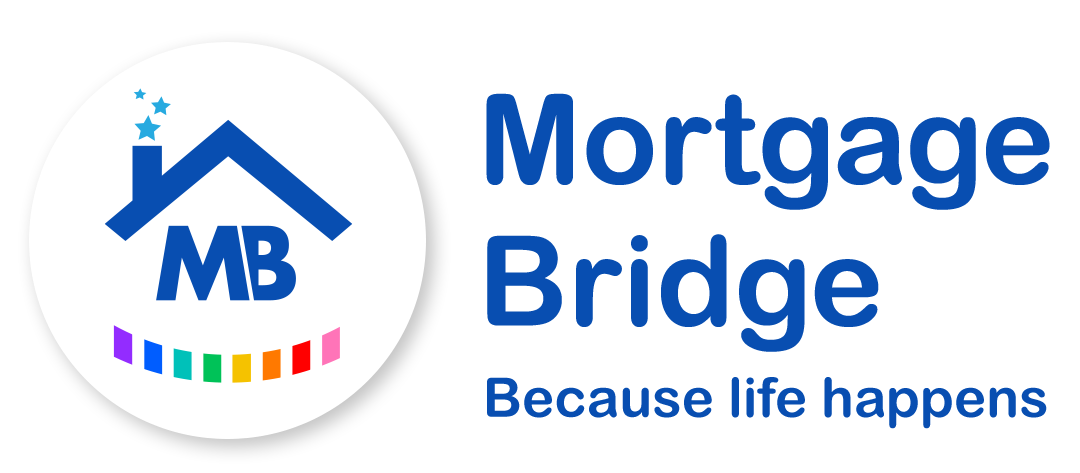Understanding Individual Voluntary Arrangements (IVAs) and Obtaining a Mortgage
Introduction
Individual Voluntary Arrangements (IVAs) are legally binding agreements that allow individuals to repay their debts over a specific period, usually five or six years. If you are considering getting a mortgage with an IVA, it is essential to understand the implications and requirements of this debt solution. In this blog post, we will explore what an IVA is, the challenges it poses when applying for a mortgage, and the deposit you might need to secure a home loan successfully.
What is an IVA?
An Individual Voluntary Arrangement (IVA) is a formal agreement between an individual and their creditors to repay debts at an affordable rate. It is a debt solution aimed at those who find themselves in financial difficulty and cannot manage their existing debts. An insolvency practitioner acts as a mediator, helping you determine an affordable monthly payment based on your income and expenditure. Once the IVA is in place, you will make fixed monthly payments to the practitioner, who will distribute the funds among your creditors.
Getting a Mortgage with an IVA
Obtaining a mortgage while in an IVA can be challenging, but it is not impossible. Several factors come into play when lenders assess your mortgage application under these circumstances:
Lender’s Criteria: Many mainstream lenders are hesitant to approve mortgages for individuals with an IVA on their credit record. However, some specialist lenders cater specifically to this market and may offer more flexible options.
IVA Status: The longer your IVA has been in place, the more likely lenders might consider your application. Typically, lenders prefer borrowers who have completed their IVA or have made consistent repayments for at least 12 to 24 months.
Credit Score: Your credit score will be affected by the IVA, making it harder to qualify for a mortgage. Specialist lenders may overlook a lower credit score if other aspects of your application are strong.
Affordability Assessment: Lenders will scrutinize your current financial situation to ensure you can afford mortgage repayments on top of your existing IVA commitments.
Deposit Requirements
While an IVA can present challenges when applying for a mortgage, the required deposit amount remains similar to that of other borrowers. The standard deposit amount is typically around 5% to 20% of the property’s purchase price. However, the presence of an IVA may influence the lender’s willingness to accept a lower deposit.
The larger the deposit you can provide, the better your chances of securing a mortgage. A higher deposit signifies lower loan-to-value (LTV) ratio, reducing the lender’s risk and making your application more appealing.
Conclusion
If you are in an IVA and aspire to own a home, it’s crucial to approach the mortgage application process with realistic expectations. While securing a mortgage with an IVA can be challenging, it is not impossible. Specialist lenders who cater to such scenarios may provide more suitable options.
Ensure your IVA is managed responsibly and consider seeking professional advice from an experienced mortgage broker specialising in cases with IVAs. Building a substantial deposit and improving your credit score over time will significantly enhance your chances of successfully obtaining a mortgage and achieving your homeownership dreams.


